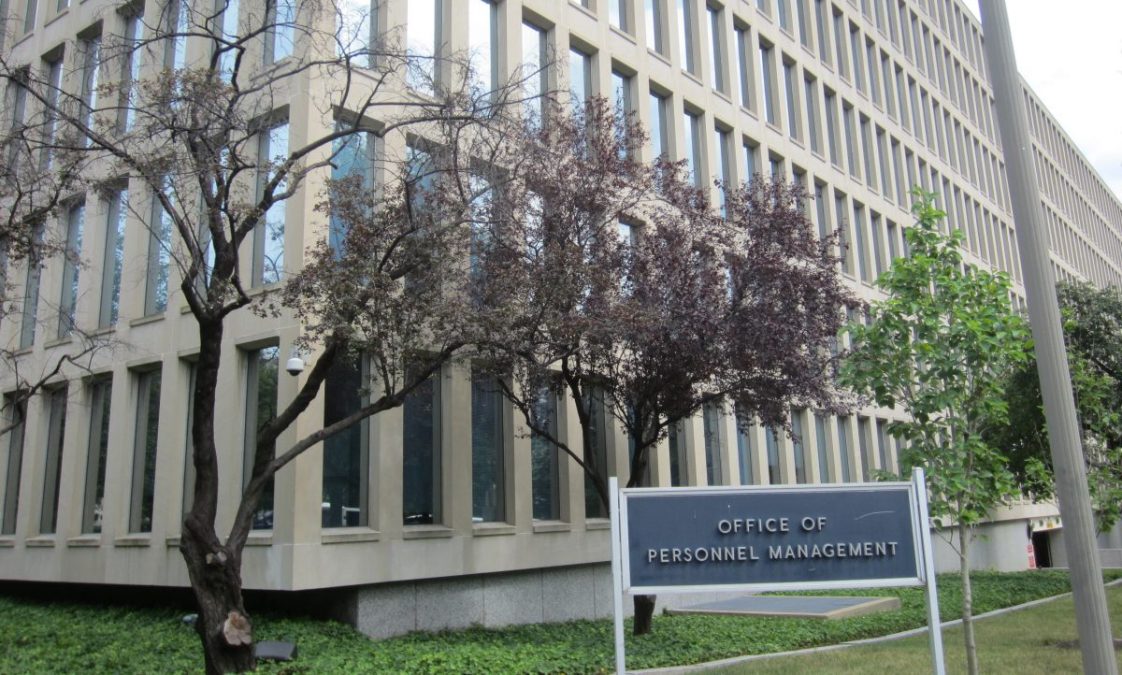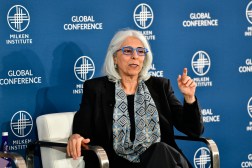What does automation and AI mean for the future of OPM?

The President’s Management Agenda intertwines agencies and initiatives governmentwide in a strategy to overhaul federal IT, data management and workforce infrastructures. But few agencies have the potential to feel that impact like the Office of Personnel Management.
Tasked with bringing more IT and cybersecurity talent into the government at a time when both are in high demand globally, the agency must also navigate the fundamental reshaping of the government’s civilian workforce, which is increasingly being fueled by the emergence of technologies like artificial intelligence and automation.
In its Federal Workforce Priorities Report released last week, OPM estimates that 45 percent of work activities could be automated today, based on technology available in 2016, and five percent of all federal jobs could be done completely by machines.
That leaves the agency at a crossroads in how it shapes the future of the federal workforce and the services it will provide, said Don Kettl, a professor at the University of Maryland’s School of Public Policy and a nonresident senior fellow at the Brookings Institution.
“This will not be your mother and father’s OPM by the time we are done for sure,” he said. “The idea of managing an OPM purely on the basis of trying to create rules to make the existing system work will be a pretty bad fit for the system we know we are going to need.”
To capitalize on a seismic change in the nature of work, combined with a shrinking federal workforce, the Trump administration and OPM have proposed an initiative to reskill some existing federal workers to into “higher value work activities” jobs while leveraging automation technology to streamline administrative functions.
As part of the PMA, the Office of Management and Budget and its Office of Federal Procurement Policy will identify three areas suited for automation and develop pilots for them by the first quarter of 2019.
By the second quarter of 2019, OMB will develop a plan to reskill federal workers impacted by automation efforts, while an OPM pilot will assess the skills those employees will need.
The results of those pilots could be pivotal for agencies looking to stretch their budget, said Mallory Barg Bulman, vice president of research and evaluation at the Partnership for Public Service.
Bulman said a January 2018 report conducted by the Partnership and the IBM Center for The Business of Government found federal entities like the Bureau of Labor Statistics and the Air Force were already leveraging AI to gain efficiencies in how they collect data and navigate acquisition rules and regulations.
“Federal agencies are looking for ways to do more with less,” she said. “The places where we’ve seen it be successful are places where agencies have taken routine and tedious tasks and really found ways to automate it.”
But even with the capabilities and resources gained by automation, the emphasis placed on employee skills and the ability to recruit and retain those employees becomes greater — and that’s where OPM’s role in reskilling and training becomes even more pronounced.
“The truth is providing opportunities for training can really be a profound retention tool,” Bulman said. “When we looked at the Best Places to Work in the Federal Government scores for the Senior Executive Service members, particularly those who were new to the SES and on the younger end, training was the most powerful predictor of their intent to stay.”
But because the PMA tries to tackle government’s most difficult challenges in order to modernize it, Kettl said OPM’s role will be paramount.
“We try to think broadly about the strategic role of government and the strategic transformation of its workforce to make that happen. This is a very big deal,” he said. “It’s something that’s very important, very fundamental and something that will require a very fundamental rethinking of the role of OPM in particular along the way.”






